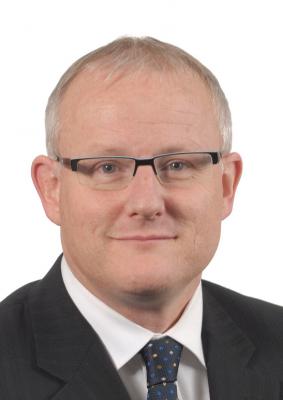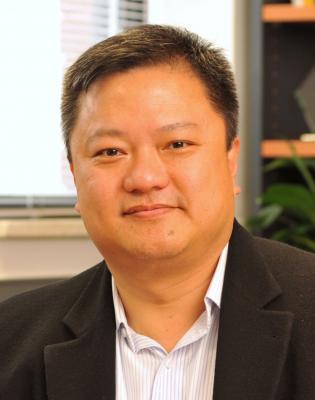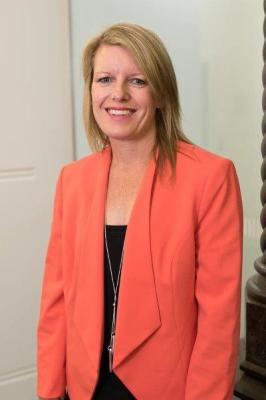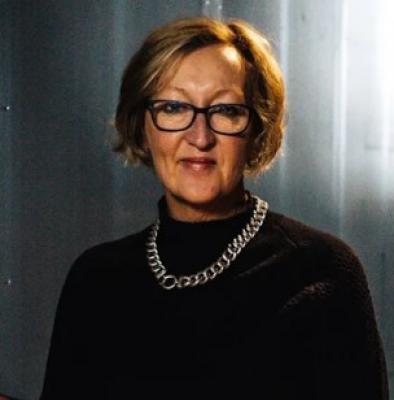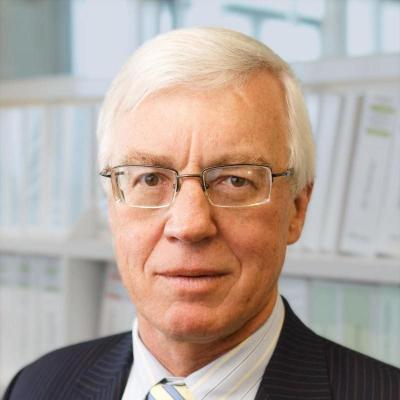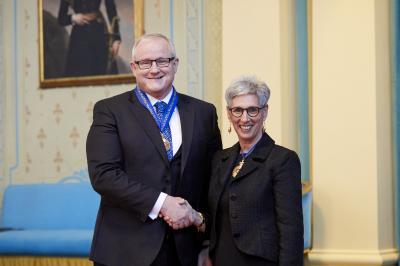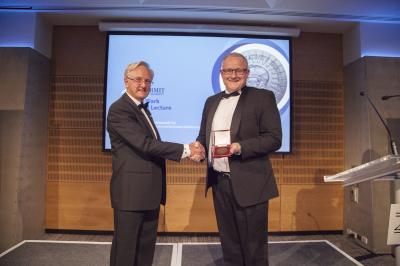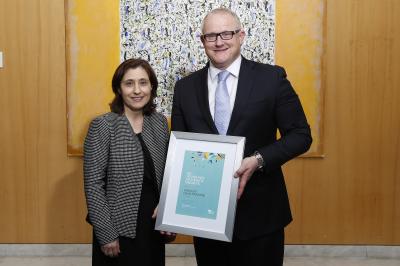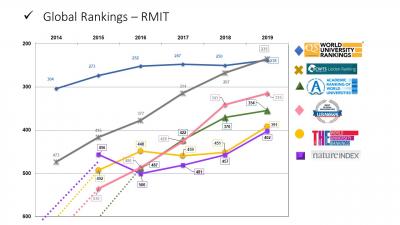It is very important that universities employ their capability to provide optimal value to society beyond that of a student receiving a higher education. Otherwise the university is an underperforming societal asset. Professor Drummond has led a comprehensive remodelling of the research and innovation ecosystem of RMIT university to deliver far greater economic, community and environmental benefit.
His exceptional contributions to innovation through the conduct, management and entrepreneurial translation of research have been recognised by some of Australia’s most prestigious awards including:
• Appointed as an Officer of the Order of Australia (AO; General Division) within the Australian Honours system in 2019 for distinguished service to chemistry and materials science research, to commercialisation initiatives, and as a mentor.
• Recognised in The Educator’s inaugural Higher Education 2019 Hot List. The list identifies Australian higher education professionals who are among the global community driving cutting-edge research, innovation and positive educational change.
• Elected as a Fellow of the United States National Academy of Inventors (FNAI) in 2019 in recognition of exceptional accomplishments in innovation and invention to benefit society.
• Awarded the Ian Wark Medal and Lecture from the Australian Academy of Science in 2018 for outstanding contributions to the prosperity of Australia through the advancement of scientific knowledge and its application.
• Awarded the Weickhardt Medal from the Royal Australian Chemical Institute in 2017 for significant contributions towards the economic advancement of Australia.
• Awarded the Victoria Prize for Science and Innovation by the Australian State of Victoria in 2015 celebrating leadership, determination and creativity.



